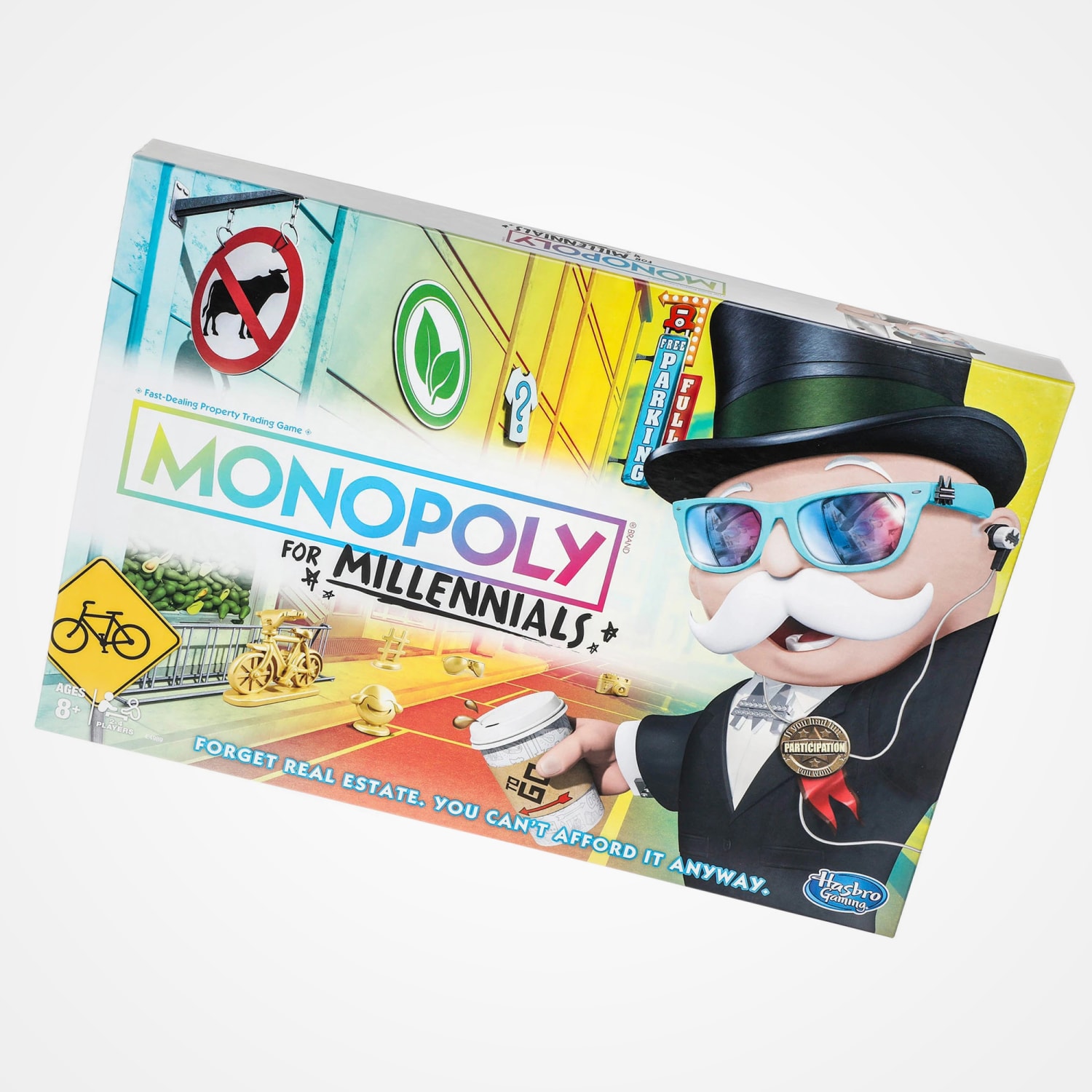

Though its usage is still low compared to alternative payment apps, mobile payment via “digital wallets” - like ApplePay or Google Wallet - is poised for massive growth. FICO reports that 52 percent of people aged 18–34 are already using or are likely to use a non-traditional payment company like Venmo, versus 27 percent of people aged 50 years or older. Furthermore, Millennials engage in more expense-sharing than other age group - like going Dutch at restaurants or splitting cab fare during a night out. These qualities appeal to Millennials’ expectations of fast service and their tendency towards cashless forms of payment. Payment apps like Venmo or PayPal provide a trustworthy, fast and socially driven medium to exchange money. Think about how that colors your life and what you expect from companies.” The rise of mobile paymentsĪccording to FICO’s Millennial Insight Report, “Most consumers are more concerned with having their traditional banking needs met by their primary bank rather than satisfying those needs via alternative payment providers.”

“This is a very special demographic that’s never not known the internet or mobile,” says Peggy Anne Salz, chief analyst and content strategist at research and consulting firm MobileGroove. While Boomers and Gen-Xers use mobile banking as an occasional resource, the Millennial cohort considers it essential. Today, according to Salesforce’s 2017 Connected Banking Customer Report, “Nearly one-third of Millennials with a checking or savings account stated that they leverage their bank’s mobile app for most routine transactions such as deposits and transfers, compared to just 17 percent of Gen-Xers and six percent of Baby Boomers.” In the early days of online banking, customers logged into their accounts on their desktop computers, made regular visits to physical branch locations to make deposits and withdrawals, and called contact centers when they needed assistance.

This constant balancing act presents unique challenges for the financial services industry, but also pushes innovation and encourages a nuanced, personalized approach to customer service. They know that each cohort has different expectations and comfort levels regarding the intersection of personal finance and technology, and not every group can be satisfied with one solution. The biggest and most successful fintech companies - from mobile banking, to digital payments, to investment apps and beyond - are well aware of this, and they devote considerable resources to further understanding the preferences of each demographic. While they all experienced hardships, each group’s relationship with money and level of trust in financial institutions is unique. This is in contrast with the Baby Boomer experience, an age group born during the extremely prosperous post-WWII era, who gained wealth in the ’80s, and lost big in the economic crisis of ’07. Born between 1965–1980, Gen X was the first demographic cohort in recent U.S. Immediately preceding them is another group forced to inherit a dire economic outlook: Generation X. Following the Great Recession, Millennials entered the workforce amid record unemployment rates and drastically reduced earning potential compared to their predecessors - yet they remain optimistic about their economic futures. Millennials are frequently derided for their self-absorption, lack of independence and penchant for frivolous spending, yet this group - mainly made up of people born between 1980 and the end of the ’90s/start of the 2000s - is the most populous, highly educated, technologically savvy and adaptable generation in recent memory. Using reliable research and the guidance of industry experts, we’ll explore the answers to those questions, and how those answers can (and should) change the way you view customer service for users of all ages. Their spending power is coveted, their habits are disruptive, their cultural influence is far-reaching - but what kind of influence do Millennials truly have over business innovation?Īre Millennials as important to the evolution of financial technology (fintech) as they are to that of e-commerce or social media? What draws them to certain financial apps, and what keeps them coming back?


 0 kommentar(er)
0 kommentar(er)
